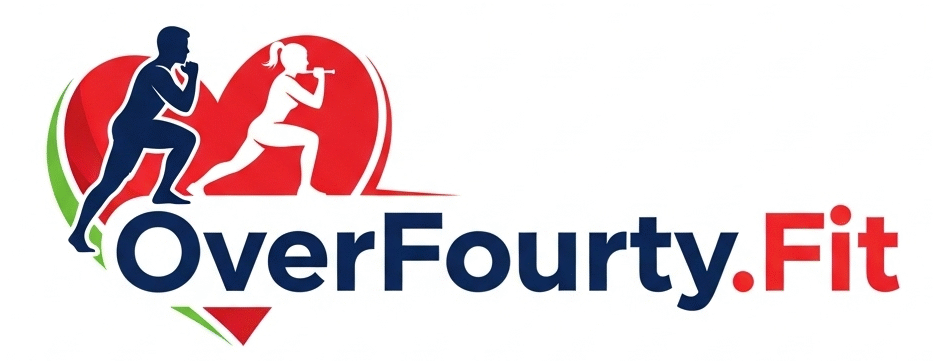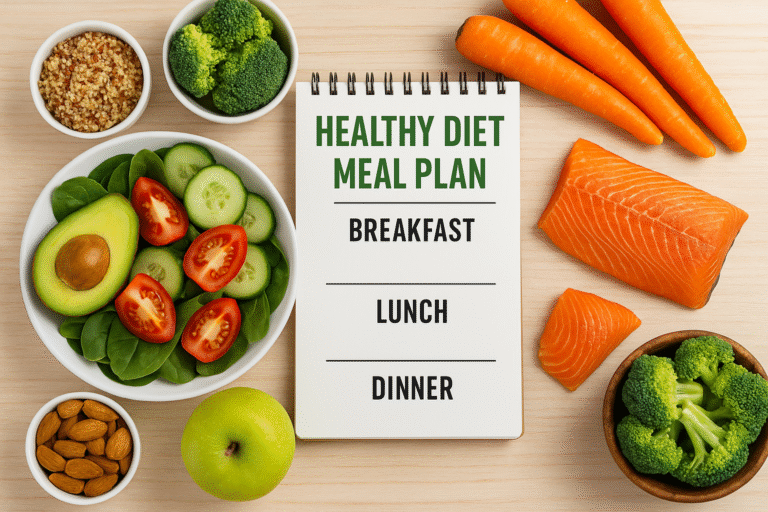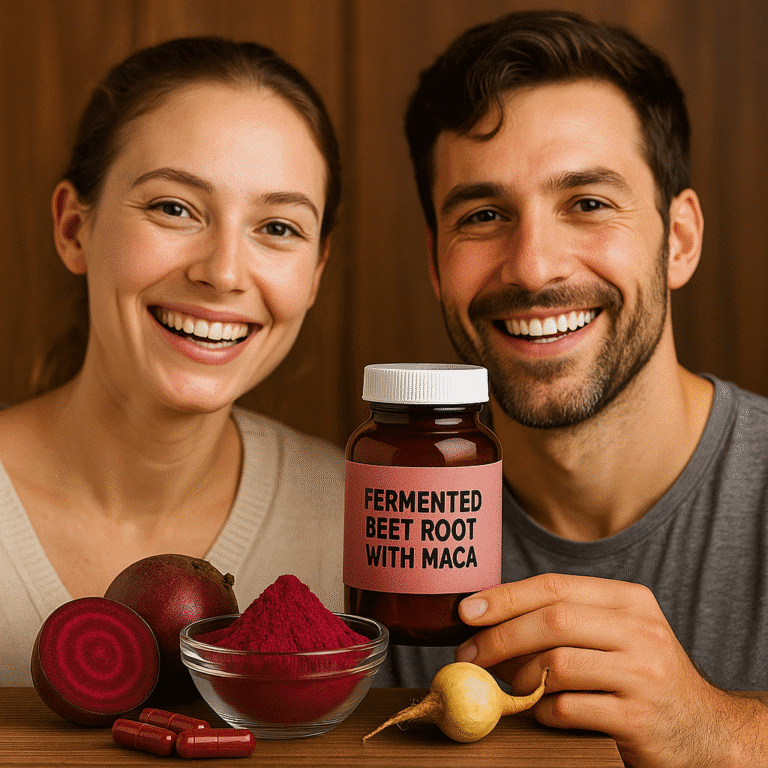Tylenol Panic? Pregnant Athletes Need Facts, Not Fear
Pregnancy is a time filled with excitement and anticipation, especially for athletes who are used to pushing their limits. But it can also bring about unexpected challenges—like pain and discomfort that come with physical changes. For many pregnant women, Tylenol has long been the go-to solution for relief.
However, recent discussions have sparked what some are calling “Tylenol Panic.” This wave of concern raises questions about the medication’s safety during pregnancy. As a pregnant athlete, you might find yourself caught in the crossfire of fear and misinformation surrounding this widely used pain reliever. The key here is not to let anxiety dictate your choices but to seek out facts instead. Let’s dive into this pressing issue together and shed light on what really matters for your health and well-being as an athlete expecting a little one!
What is Tylenol Panic?
Tylenol Panic refers to the widespread anxiety among pregnant women regarding the use of acetaminophen, commonly known as Tylenol. Recent studies have raised concerns about potential risks associated with its use during pregnancy. This has led many expectant mothers to question whether taking this common pain reliever is truly safe.
The increase in fear stems from conflicting research findings and sensational headlines that can amplify worries. For athletes balancing their training routines and pregnancy, these fears can be particularly overwhelming. They often find themselves torn between managing discomfort and adhering to safety guidelines for their unborn child.
With so much information—and misinformation—circulating, pregnant athletes must seek clarity on what Tylenol Panic means for them personally. Understanding the facts surrounding Tylenol usage becomes essential in navigating their health decisions effectively while maintaining an active lifestyle.
The controversy surrounding Tylenol and pregnancy
The controversy surrounding Tylenol and pregnancy has sparked heated discussions among healthcare professionals, researchers, and expectant mothers. Recent studies have raised questions about the long-term effects of acetaminophen on fetal development.
Many pregnant women rely on Tylenol for pain relief or fever reduction, believing it to be a safe option. However, emerging research suggests potential links between prolonged use during pregnancy and developmental issues in children.
As conflicting information circulates through social media and news outlets, fear often permeates the conversation. This creates anxiety among pregnant athletes who need clarity while managing their health.
Debate continues as experts weigh in with varying opinions based on evolving science. Navigating this landscape requires critical thinking and an understanding that not all sources provide accurate information regarding medication safety during pregnancy.
Expert opinions on the safety of Tylenol during pregnancy
Experts in maternal health and pharmacology have weighed in on the use of Tylenol during pregnancy, emphasizing its longstanding safety profile. Acetaminophen, the active ingredient in Tylenol, is often recommended for managing pain and fever.
Research suggests that when taken at the appropriate doses, it poses minimal risk to both mother and baby. Many healthcare providers consider it a go-to option among over-the-counter medications during this critical time.
However, some studies indicate potential associations between excessive use of acetaminophen and developmental concerns. This has sparked discussions among medical professionals about dosage guidelines.
Consulting with healthcare practitioners remains vital for pregnant athletes navigating pain management options. They can provide tailored advice based on individual health needs while ensuring a safe balance between medication and physical activity.
Benefits of exercise for pregnant women
Exercise during pregnancy offers numerous benefits that can enhance both physical and emotional well-being. Regular activity helps manage weight gain, reducing the risk of complications like gestational diabetes.
Additionally, exercise strengthens muscles and improves endurance. This is vital as a woman’s body prepares for labor and delivery. Engaging in physical activity also promotes better posture, which can alleviate common discomforts such as back pain.
Mental health is another key area where exercise shines. Physical activity releases endorphins, boosting mood and combating feelings of anxiety or depression. Many pregnant athletes report feeling more energized and positive when they stay active.
Furthermore, exercising enhances sleep quality—a crucial factor for pregnant women who may struggle with insomnia due to hormonal changes or discomfort. It encourages relaxation while helping to establish a routine that fosters overall health throughout the pregnancy journey.
Balancing medication use and physical activity during pregnancy
Pregnancy often comes with a myriad of changes and challenges. For athletes, the balance between medication use and staying active can be particularly tricky.
Tylenol has been a go-to pain reliever for many. However, pregnant women might find themselves second-guessing their choices due to rising concerns over safety.
Staying physically active is vital during pregnancy. It promotes overall wellness and can alleviate some discomfort associated with this unique journey. Yet, managing pain effectively while keeping up with an exercise routine is essential.
Consulting healthcare professionals can guide you on safe medication practices tailored to your specific needs. They may suggest alternatives or lifestyle modifications that help manage symptoms without compromising physical activity.
Listening to your body remains crucial. Focus on gentle exercises like walking or prenatal yoga when feeling discomfort instead of jumping back into high-impact routines immediately.
Tips for managing pain without relying solely on medication
Finding alternatives to medication for pain management can empower pregnant athletes. Start with gentle stretching exercises that promote flexibility and alleviate tension.
Incorporate relaxation techniques such as deep breathing or meditation. These methods not only reduce stress but also help manage discomfort naturally.
Consider using heat therapy, like a warm compress, to soothe sore muscles. Cold packs can also provide relief from inflammation and swelling.
Engage in low-impact activities, like swimming or walking, which are safe yet effective ways to stay active while easing pain.
Don’t underestimate the power of hydration. Drinking plenty of water is essential for overall health and may reduce muscle cramps.
Connect with fellow athletes or join support groups. Sharing experiences can offer new insights into managing challenges during pregnancy without solely relying on medications.
Addressing fears and providing accurate information for pregnant athletes
Pregnant athletes often face a whirlwind of emotions and concerns. The pressure to maintain performance while prioritizing their health can be overwhelming. It’s crucial to address these fears head-on.
Misinformation about medication use, particularly Tylenol, can lead to unnecessary anxiety. Understanding the facts is essential for making informed choices. Reliable sources provide clarity on how medications interact with pregnancy and exercise.
Being active during pregnancy has numerous benefits, but it’s vital to listen to one’s body. Athletes should seek guidance from healthcare professionals who specialize in maternal health.
Open dialogue about pain management strategies helps ease worries, too. By sharing experiences, pregnant athletes can build a supportive community where they empower each other.
Knowledge is key in navigating this unique journey. With accurate information at hand, fears transform into confidence as women embark on both motherhood and athleticism together.
Empowering pregnant athletes to make informed decisions about their health
Pregnant athletes face unique challenges, especially when it comes to making health decisions. The influx of information can be overwhelming. These women need to sift through the noise and find reliable sources.
Empowerment begins with education. Understanding both physical and mental well-being is crucial during pregnancy. Knowledge about medications like Tylenol helps pregnant athletes feel more confident in their choices.
Creating a supportive network is equally important. Connecting with healthcare providers who specialize in maternal health can provide clarity on safe practices while exercising or managing pain.
Incorporating wellness strategies, such as yoga or meditation, offers alternative ways to cope with discomfort without fear-based thinking surrounding medication use.
Informed decision-making allows pregnant athletes to maintain their active lifestyles while ensuring the best outcomes for themselves and their babies.
Conclusion
Pregnant athletes face unique challenges. Navigating pain management while staying active can be daunting.
Tylenol Panic has stirred up emotions and raised questions. Access to reliable information is vital for making sound choices about health during pregnancy.
Empowerment comes from understanding the facts. Athletes need to weigh their options carefully, balancing medication use with the benefits of physical activity.
Staying informed helps reduce anxiety around Tylenol use. Knowledge allows expectant mothers to prioritize both their wellness and that of their baby.
By embracing a holistic approach, pregnant athletes can find solutions that work for them individually. Each journey is personal, requiring tailored strategies for success in fitness and health.
FAQs about Tylenol Panic
What is Tylenol Panic?
Tylenol Panic refers to the growing concern among pregnant women about using acetaminophen (the active ingredient in Tylenol). Many worry that taking this common medication could harm their unborn child. Misinformation and fear can lead to unnecessary stress, especially for those who are already navigating the complexities of pregnancy.
Is it safe to use Tylenol during pregnancy?
Most experts agree that when taken as directed, Tylenol is generally considered safe during pregnancy. However, it’s crucial to consult with a healthcare professional before starting any medication.
Can exercise help manage pain during pregnancy?
Yes! Engaging in regular physical activity has numerous benefits for pregnant women. It can alleviate discomfort, improve mood, enhance sleep quality, and promote overall health for both mother and baby.
Are there alternatives to medication for managing pain while pregnant?
Absolutely! Some effective non-medication strategies include gentle stretching, prenatal yoga, massage therapy, and heat or cold packs. Always discuss options with your healthcare provider before trying new methods.
How can I feel more empowered regarding my choices as a pregnant athlete?
Stay informed by seeking accurate information from reputable sources. Engage in open discussions with your healthcare team about your specific concerns and preferences. Join communities of other athletes who share similar experiences; support makes all the difference!







